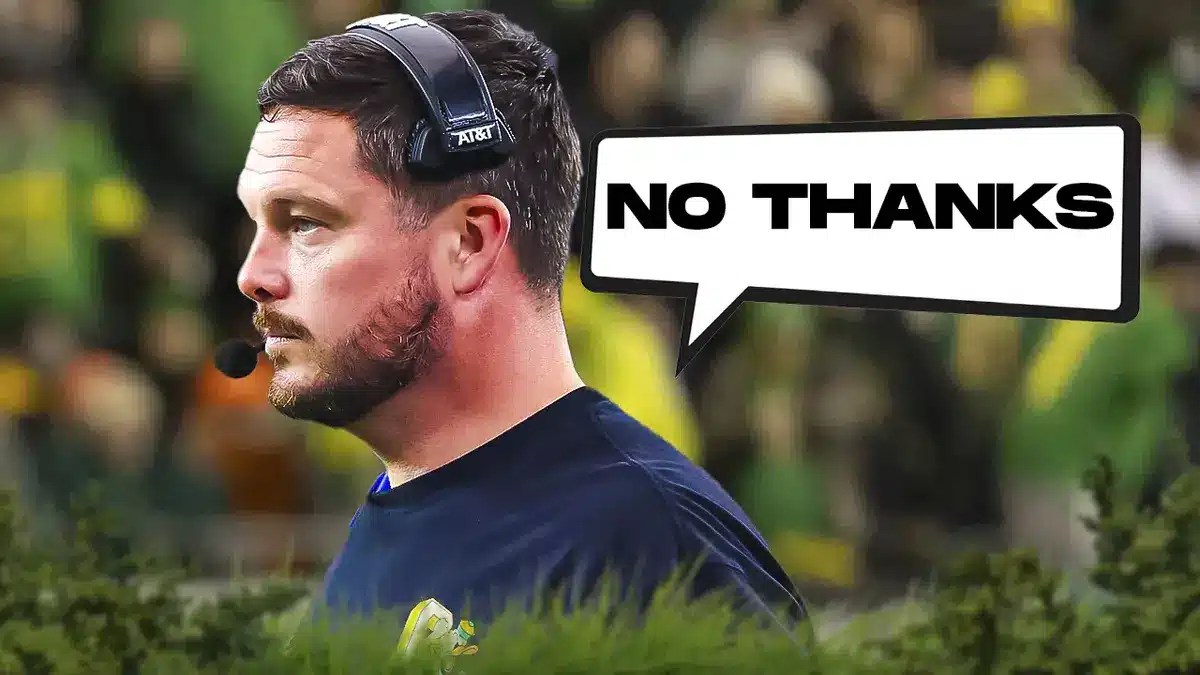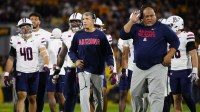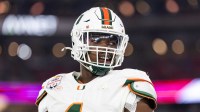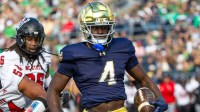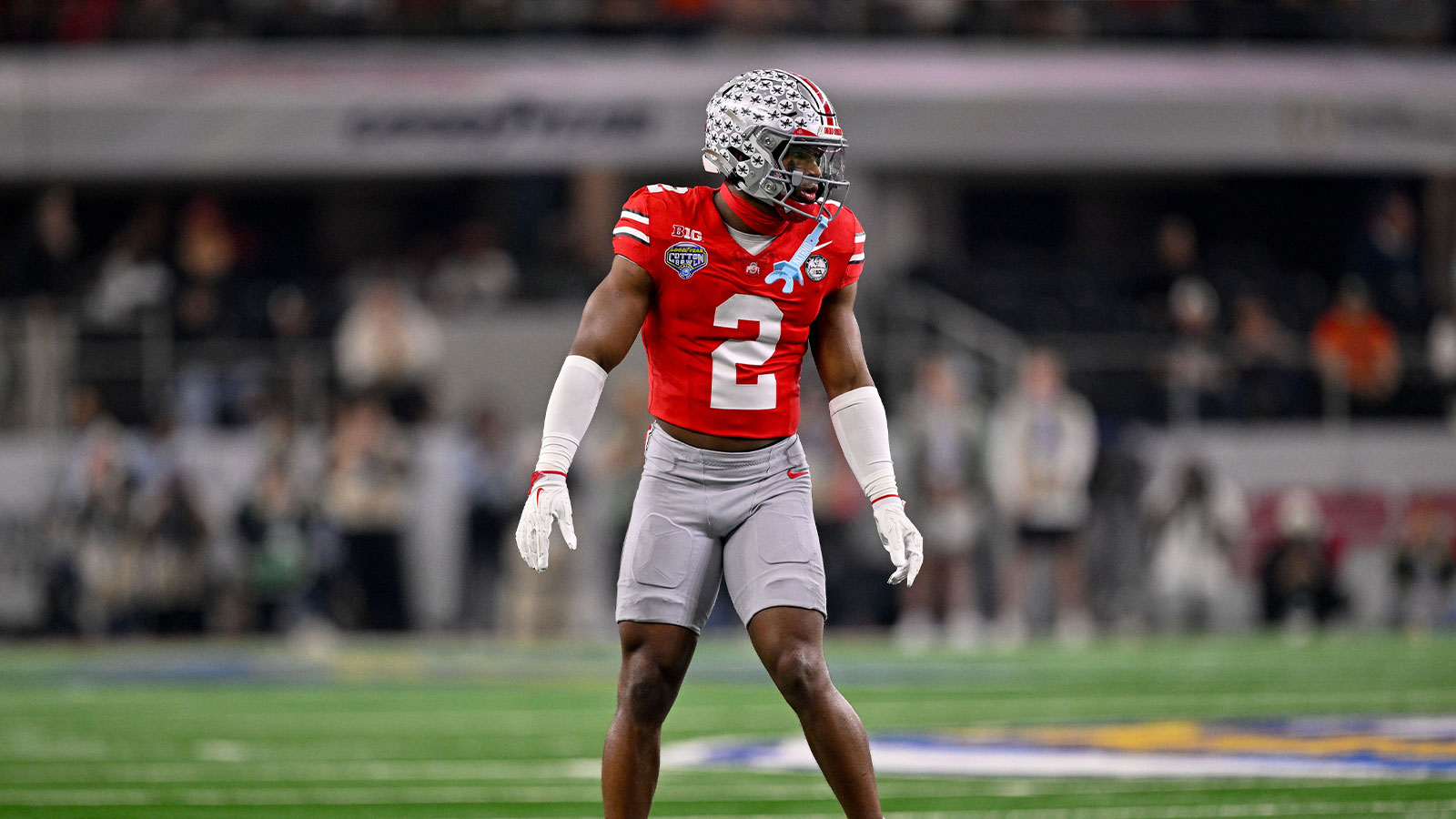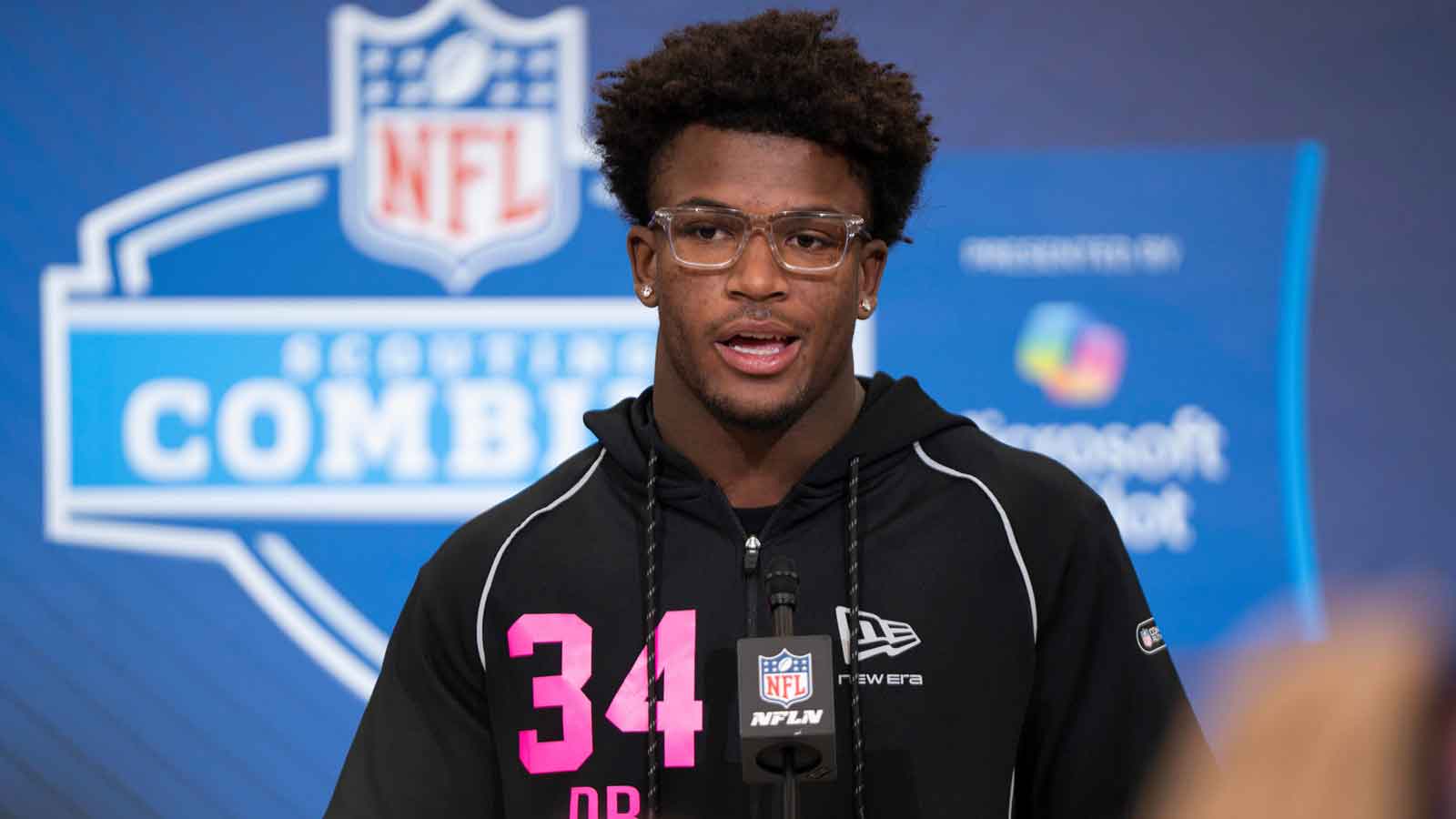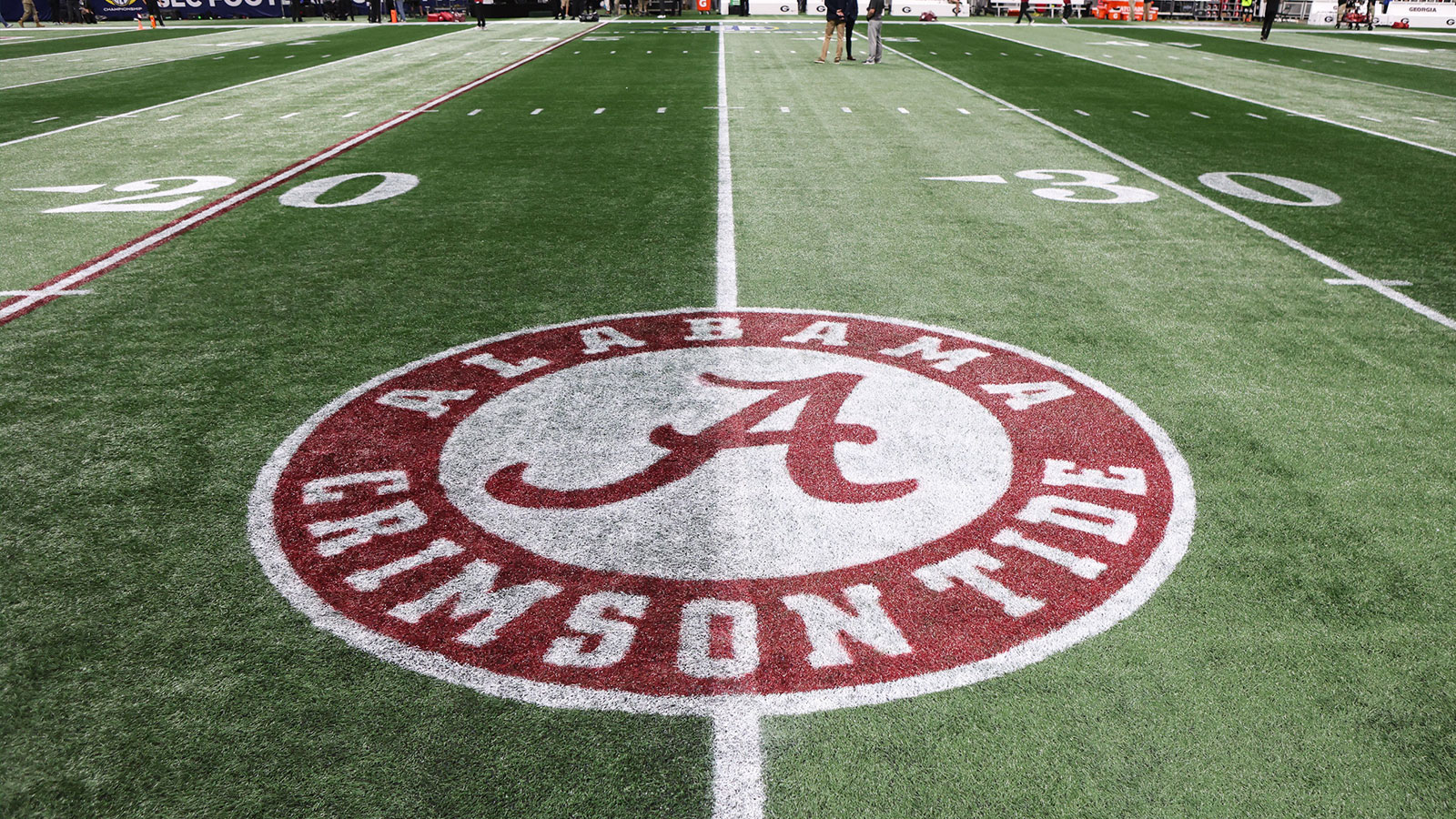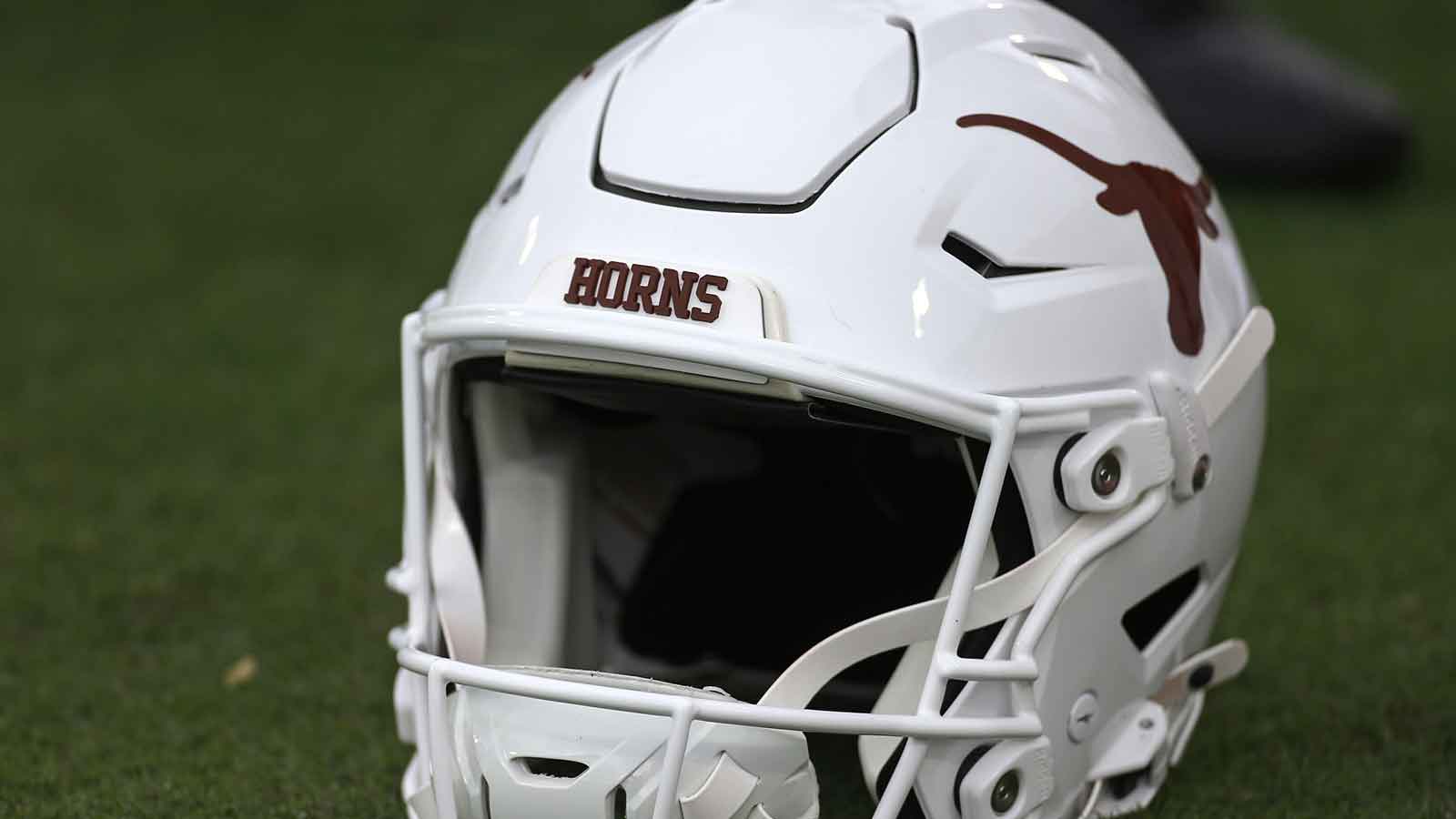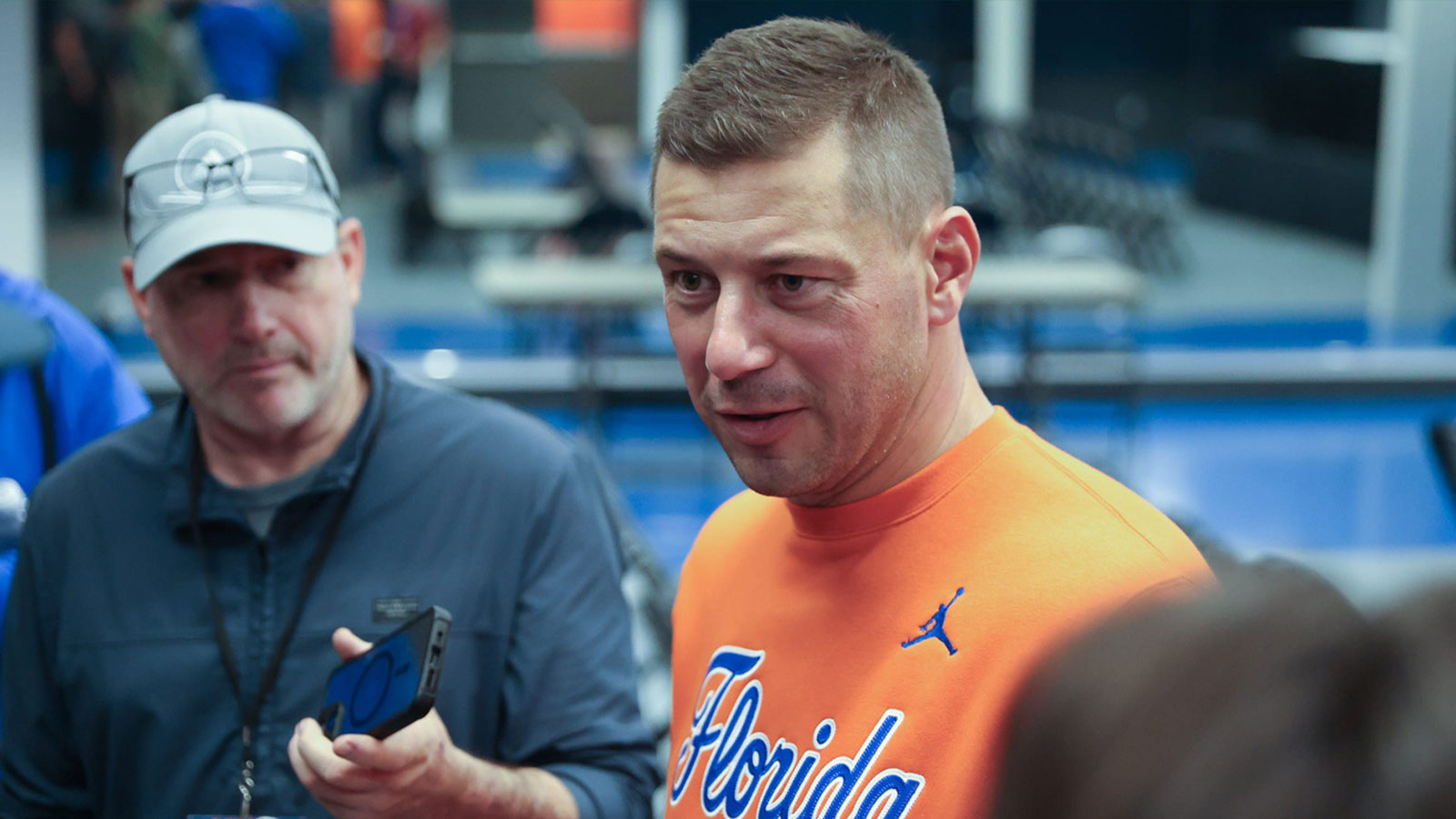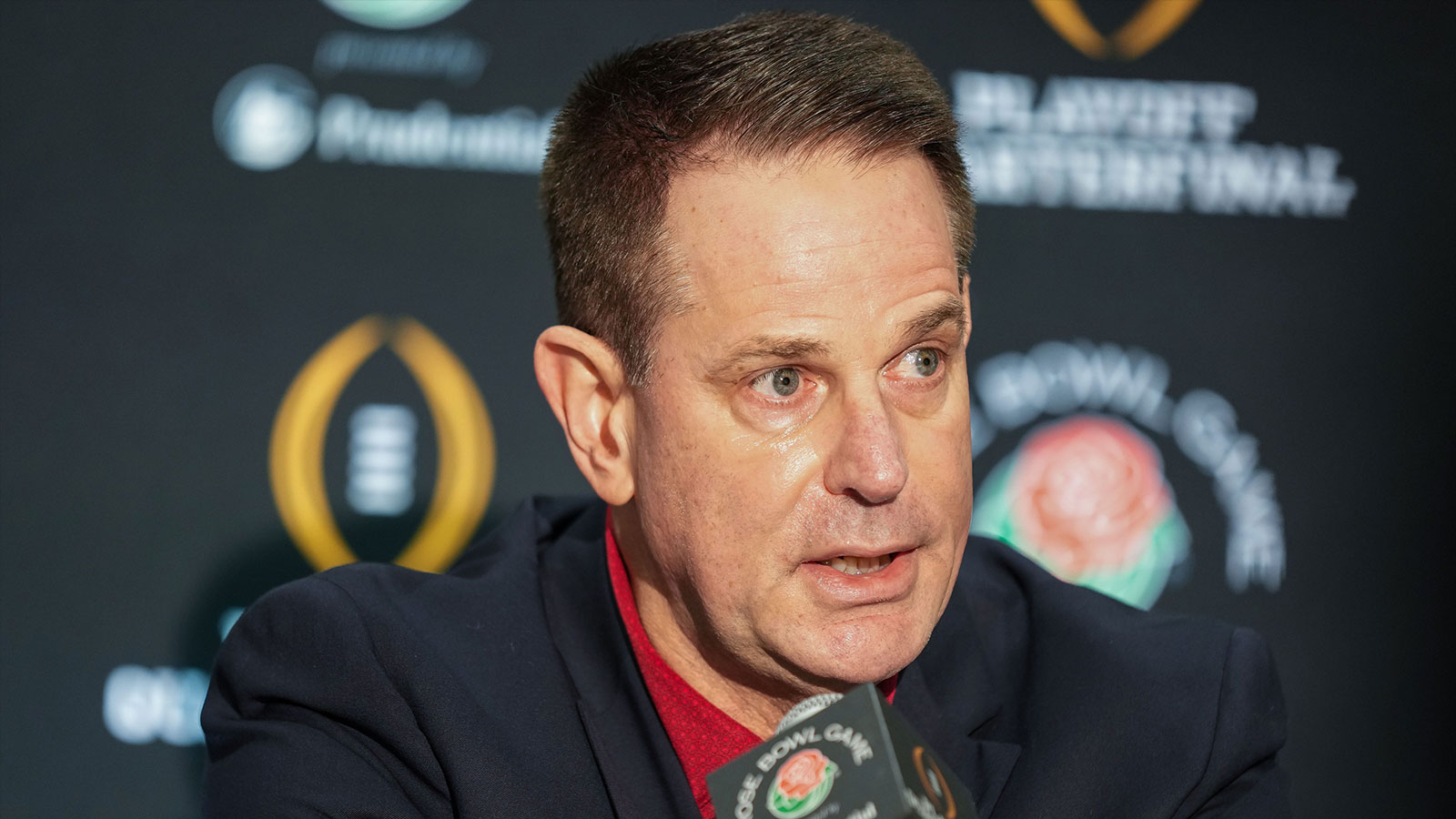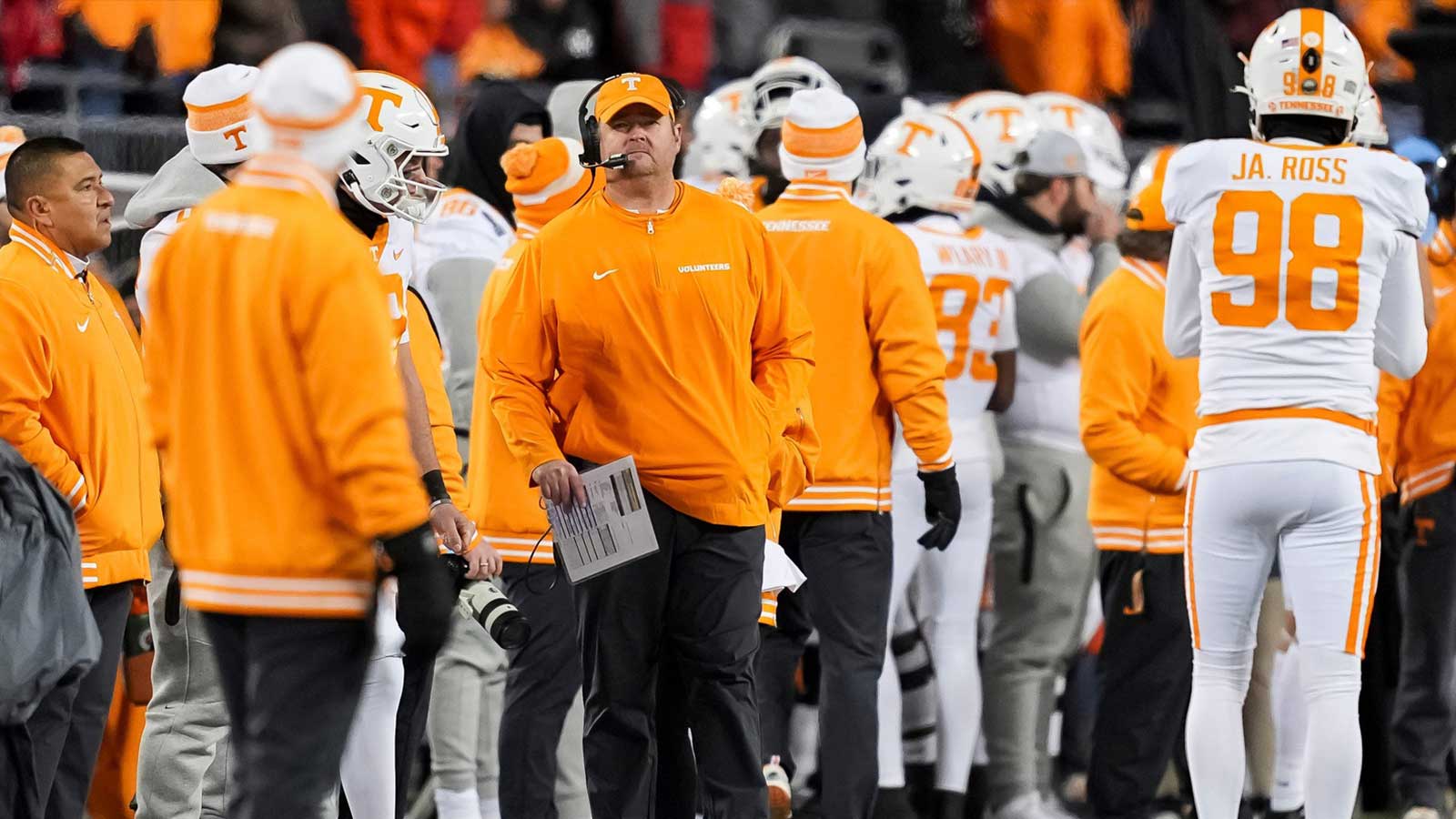Oregon football head coach Dan Lanning's phone probably started lighting up as soon as everyone picked their jaws off the floor once they realized that Nick Saban was indeed retiring from coaching Alabama. It was probably a collective assortment of tweets, direct messages, texts, and phone calls. Whether he answered any of them then or later, that's unsure. But on Thursday, he answered the question most of those messages were probably asking: Are you going to Alabama?
Lanning put to rest the surrounding rumors of an impending departure by stating that he loved what they had at Oregon, in an interview on the Pat McAfee show on Thursday. That's good news for Oregon football, which for the longest has been viewed as a stepping stone program, the likes of which many esteemed head coaches have used to propel their careers toward presumably better jobs.
Dan Lanning is using the modern era to his advantage
Lanning is in a different era of college football, one where the sport has seemingly been turned upside down, and programs like Oregon now can find themselves right in the thick of things with other elite programs that are competing for national championships. And that's all because they are learning how to use things like the transfer portal and NIL to their ultimate advantage.
Since Lanning arrived in Eugene, his use of the transfer portal has been extraordinary, if that wasn't apparent enough by his recent signing of former Texas A&M wide receiver Evan Stewart. In his two seasons with the Ducks, he's signed the No. 9 and No. 6 transfer classes, on top of the No. 9 and No. 6 recruiting classes.
Oregon has a superior NIL collective over Alabama
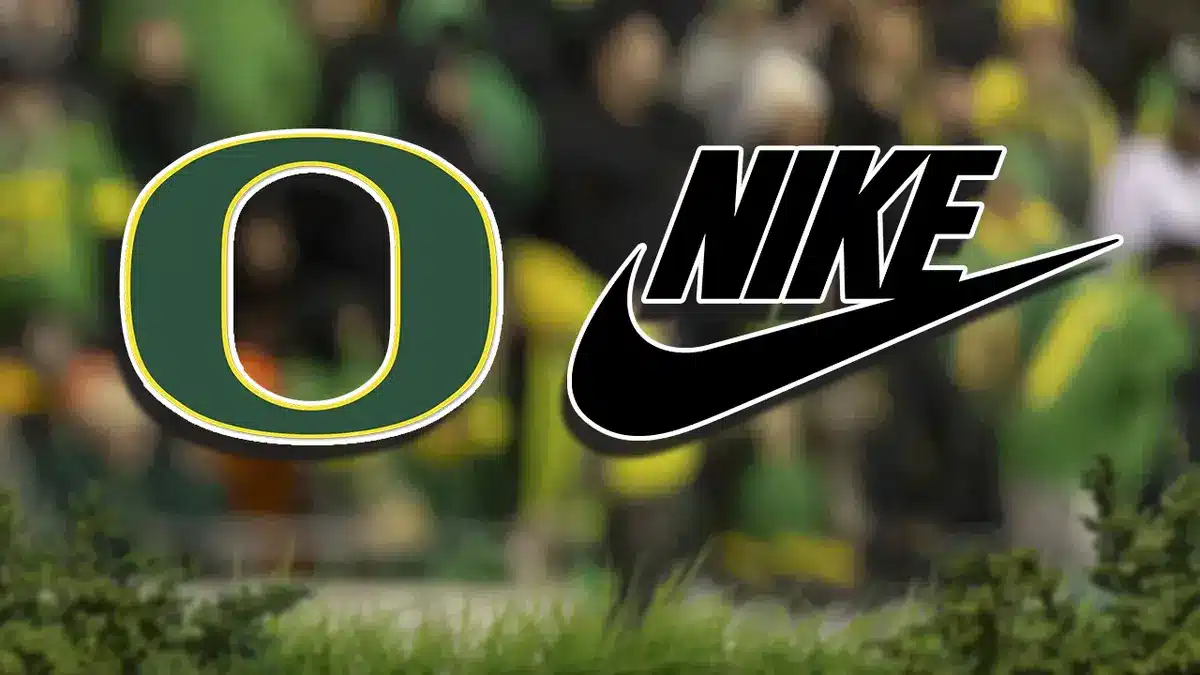
Why would Lanning have needed Alabama? Alabama is Nick Saban — that's what made the job; not the other way around. Granted, Saban left Alabama in far greater shape than what he found it in, vastly improving it from the inside out for whoever the next coach is that decides to take on the daunting task of following him. But Lanning doesn't need Alabama to succeed. He has every bit of resource that could be asked for from Oregon, whether it's facilities, equipment, brand recognition, it's there in Eugene. But the advantage for the Ducks over the Crimson Tide is NIL.
NIL is the driving force essentially for recruiting around the entire country now. That's an argument that will be argued upon incessantly with no definitive answer for maybe quite some time. Regardless, though, it's part of the sport now, so if you're someone like Lanning and have a prospering NIL collective — use it.
“Oregon has the best NIL setup, and it’s not even close,” The Athletic's Antonio Morales reported when speaking to an anonymous Pac-12 coach from last February. “Oregon is the only school in the Pac-12 that’s to be feared from a national standpoint because Oregon can go to whatever region it wants to and come out victorious. That’s the bogeyman in the league. That’s Pac-Man in the Pac-12 from an NIL standpoint. Everybody else is child’s play.”
NIL is quickly becoming the main building block for forming a team. It's not just about culture, facilities, or tradition any longer. It's about money, and lots of it. That's one area where Alabama has somewhat fallen behind. They have Yea Alabama, which is the university's NIL collective, but rumors are that it pales in comparison to others around the country, especially Oregon.
Oregon's NIL collective, Division Street, which Ducks Wire at USA Today ranked as the third best in the country, combines the brands of Oregon athletics and Nike, who loves to be endorsed by athletes, particularly ones right in its backyard.
Oregon's Big Ten move changes the landscape of competition
It seems odd to say, but Alabama needs Lanning more than Lanning needs Alabama at this juncture. Lanning is trying to build something special in Eugene, and as of now, it's coming to fruition. Plus, you have to look at the new position that Oregon is coming into starting with the 2024 season.
Oregon will be in one of the two biggest conferences in the country when joining the Big Ten in 2024. With their addition, they won't have to worry about being potentially snubbed by teams from the SEC or what is now their own conference in the Big Ten any longer. They won't have to worry about the needed resources to compete, nor will they have to be a part of opportunities missed. They will have a smaller share of the pie ($30 million) than the others do ($60 million), but it was better than the alternative.
Oregon's move to the Big Ten now sits them at the big boy table along with the rest. They now have all they need to compete, and Lanning knew that. He doesn't need Alabama to win a championship. And maybe others like him don't now either.

